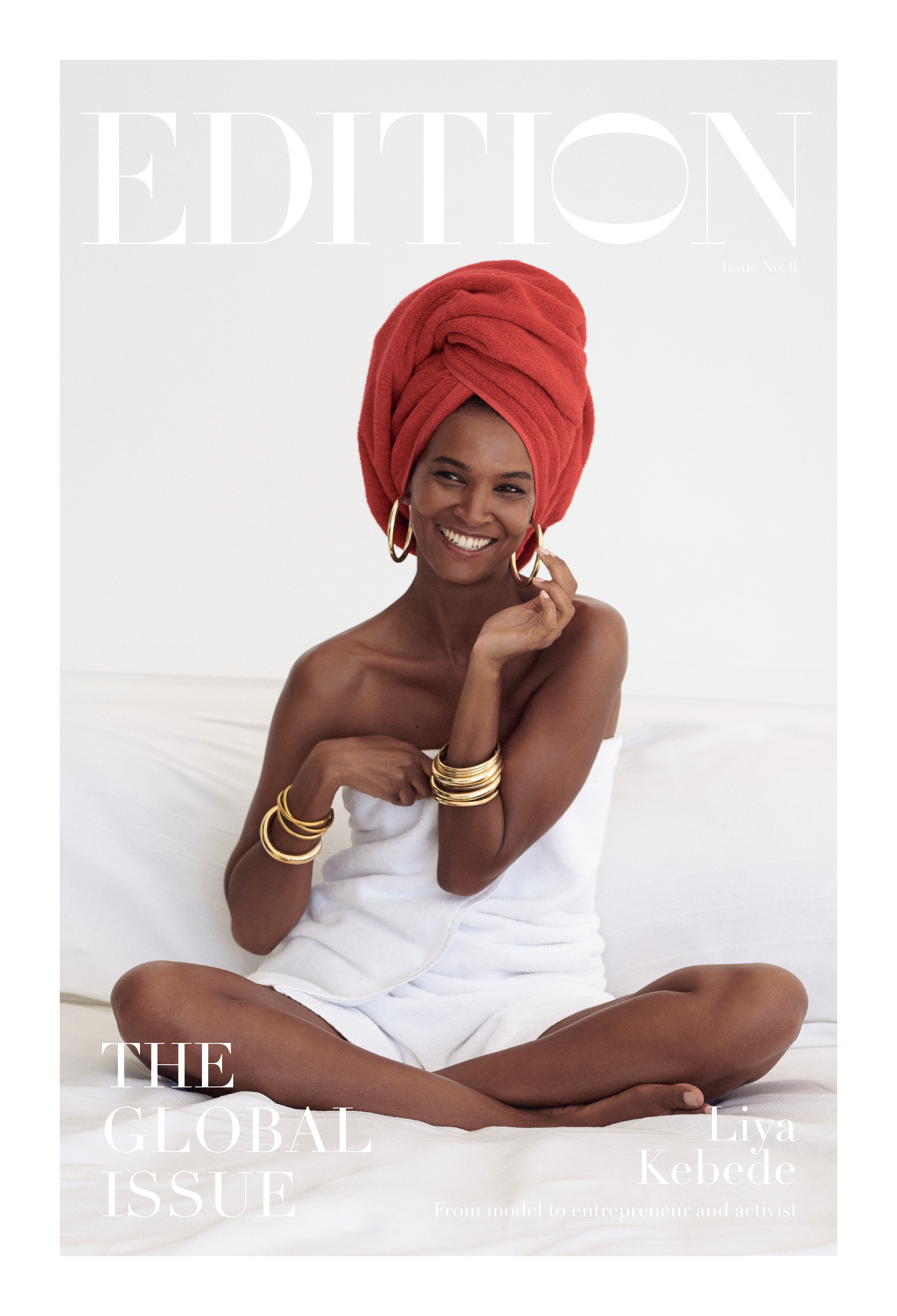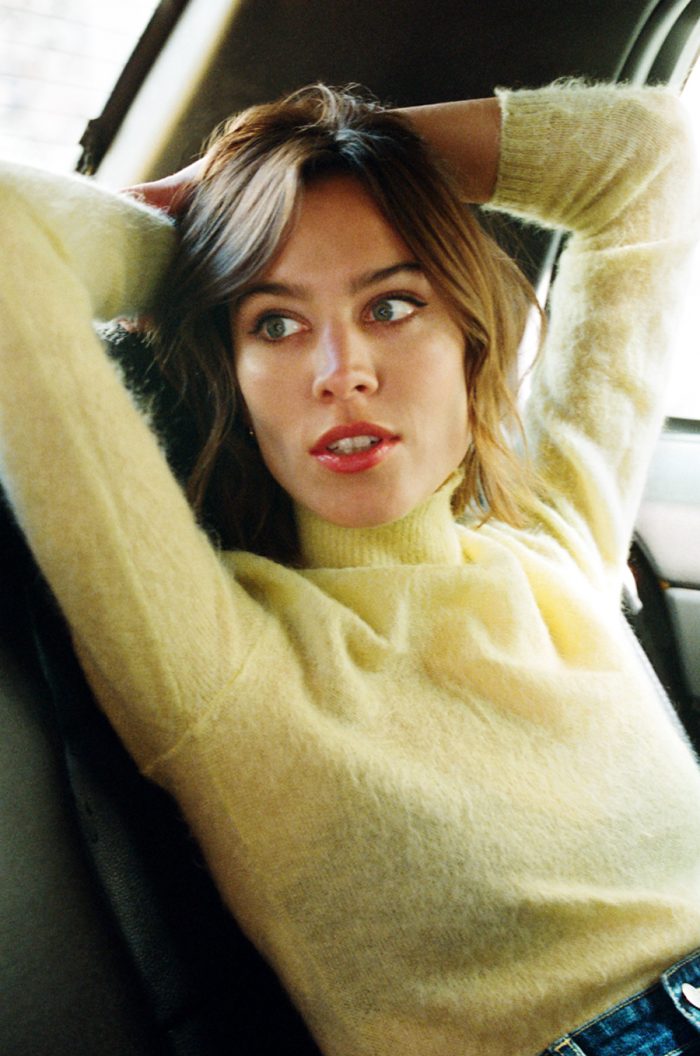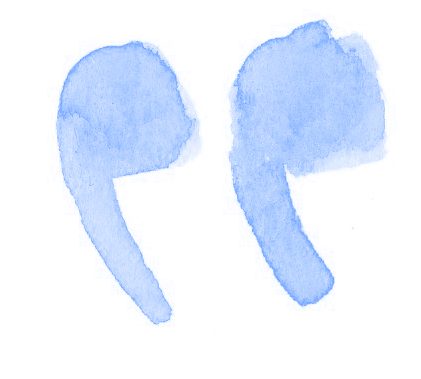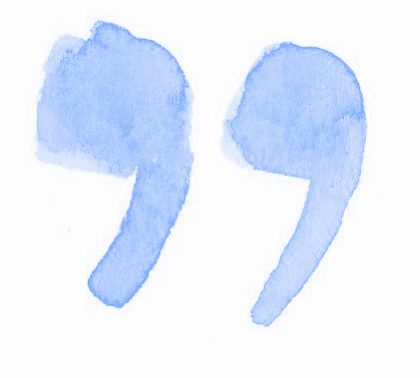
Global Issue
Global Issue: Editor’s Letter
Editor’s Letter
John Fraser
The Michelin-starred chef has a story to tell you through his cooking
Pundy’s Picks for Conscious Travel
Six tips for considered and conscious travel
Genmaicha Martini Recipe
The classic martini plus the health benefits of green tea
The Spread Love Project by Nicholas Konert
How Nicholas Konert’s rainbow heart design became an international icon
Wade Davis
Anthropology is the antidote to today’s nativism says the scholar and author
Carla Sozzani
The future of retail according to the founder of legendary concept store 10 Corso Como
The Art of Migration
The power of art to inspire empathy and social action
John Pawson
Zen Buddhism and minimalist purity drive the celebrated architect
Amy Duncan
As the CBD line Mowellens expands into skincare, its founder shares the personal story behind her company
Sila Sveta
Moscow’s favorite media studio finds the perfect balance between art and commerce
David de Rothschild
In his calls for environmental awareness, the modern explorer finds harmony between man and nature
Can Fashion Be Sustainable?
Shaping a better world through what you buy – or don’t
Brendon Babenzian
Supreme’s former creative director wants to end the cycle of consumption with his new brand Noah
Lily Kwong
Nature invades the urban jungle in the landscape designer’s expansive projects
House of Yes
Behind the scenes with the Bushwick nightlife collective promoting inclusivity and consent culture
Vivie-Ann Bakos
DJ Extraordinaire
Chez Dede
A medium in which two world-traveling, adventurous spirits absorb the globe’s vast curiosities and share them freely
Jesse Israel
A meditation guide for extraordinarily large groups
Liya Kebede
The Ethopian model, activist, and entrepreneur uses her label Lemlem as a force for change

Alexa Chung
The Entrepreneur and Insider on Fashion 2.0
A multi-tasking multi-hyphenate if ever there were, Alexa Chung— the leonine English model turned TV presenter turned global style icon—is giving this interview while hustling through the bustling streets of New York City, where she relocated six years ago to host an MTV show and never left. She’s on her way to the offices of a fashion app she’s helping launch with her big-picture ideas, real-life experience, and no small amount of her golden touch. Chung’s life brims with all the glamorous trappings you’d expect—red carpets, front rows, famous friends, celebrity romances—and the notches in her smart belt don’t end there.
She’s a three-time recipient of the British Style prize at the British Fashion Awards; UK brand Mulberry named a bag after her and it’s become a bestseller; she’s designed two sold-out collections for both retailers Madewell and AG Jeans. Add to that a book, assorted witticisms and anecdotes from the international media darling, and you have a thoroughly modern muse.
If this seems like the impossible “It” career of a socially savvy “It” girl, it is. But Chung is more than a pretty Facebook and exploding Instagram (2m followers and blowing up fast). She’s a sort of cross between Jane Birkin and Steve Jobs.
Chung’s idolatry of the former is well-documented in the fashion press. For a quotidian jolt of inspo, she’s said she does a daily Google search on the perennial ingénue and namesake of the most coveted handbag of all time. In regards to the Apple co-founder, Chung is similarly restless, forever peering into the future and devising ways to make it a reality now. Chung was born in Winchester, Hampshire, in the south of England. She was accepted at King’s College in London to study English, but didn’t quite make it there. Before she started she was scouted by Storm models—the same agency that discovered Kate Moss—at a music festival in Reading.
She was 16 and spent the next four years modeling in magazines and appearing in music videos before bidding adieu, stating she’d become disillusioned with the industry. A co-host spot on Channel 4’s Popworld came next for Chung, putting her on the pop-culture map, followed by a variety of television hosting gigs in London and New York.
Increasingly, however, Chung is assuming the role of entrepreneur. “The social fashion app I’m working on is called Villoid. Have you seen it?” No, I say sheepishly. “Dude! You should download it. You can make moodboards from a selection of clothes and share them. It’s similar to Instagram in that you can follow other people, like their boards, and interact, but it also has a Buy button.

The system is unrealistic for the planet to sustain... At the end of the day, is it worth that cost?

It’s expressing your style and being inspired, with the ability to purchase stuff if you want.” The name Villoid (based in Norway) is Chung’s idea, a portmanteau of two of her favorite words: villain and asteroid. And for the record, despite what some see as a looming backlash, she thinks social media has loads more room to grow. “It may not be a realistic representation of what you’re up to, but it’s still exciting. The opportunity to see, think, and feel outside your environment is always going to be compelling.”
Compelling ideas are something Chung has in spades. “Just this morning I woke up with an idea for a pregnancy fashion line called From Here to Maternity,” she laughs. “The visual could be a dawning earth with a rocket flying around, except the earth turns out to be the belly of a pregnant woman.” Make it happen, Alexa. “Oh, I’ll forget all about it tomorrow.”
Chung’s roving, inquisitive nature means she’s a natural t for a new web series, “The Future of Fashion,” for British Vogue, for which she’s a contributing editor. In it, she dons her journalist’s hat and explores the weighty issues affecting the fashion industry, ranging from body image to education to sustainability. Along the way she sits down with a host of major fashion figures, including Vogue.com’s chief critic Sarah Mower and designers Paul Smith and Olivier Rousteing of Balmain. She probes them on how they do what they do in a friendly, conversational tone that nearly belies her genuine interest.
For instance: Is fashion art? “That’s one of the questions we wanted to address in the series and still haven’t found an answer for,” she laments. “It depends what your relationship is to clothes.
Obviously they’re a necessity. People have to wear things to keep warm and to not be naked. Aside from that, I think it’s the commercial versus the artistic—whether or not your brain can come up with that many ideas that quickly.”
The issue she’s alluding to, that of mass production, has taken on renewed urgency of late. “Designers aren’t just producing two seasons a year [spring and autumn] but also pre- spring, pre-fall, cruise, resort, and a couple of things in between,” explains Chung. “The thing I’m hearing from them is that it’s a lot of pressure to churn out that much product in a world that used to just be reliant on two main shows.”
Maybe fashion will speed up until it gets to a point where we follow a format of supply and demand—more like Supreme or one of those smaller cool brands that you see surfacing now, where they deliver product on a weekly basis but it’s limited stock.”
Then, are the days of the all-knowing designer numbered? “No, there will definitely always be a place for genius. I think those big designers are just moving around. They’re like the Monet of fashion. I think in any eld there are people who are spectacularly gifted and talented, and that’s always going to be a commodity. They can’t be replaced by mediocre products and bad fashion.”
The topic most experts on her show agree will dominate fashion chatter in the next years— sustainability—is top of mind for Chung as well. “We’re definitely going to reach a point at which we’re over-saturated with products. The system is unrealistic for the planet to sustain. You’ve seen that with factory breakdowns and lives lost. At the end of the day, is it worth that cost? I always go back to Vivienne Westwood’s manifesto—buy less, buy better. In our next episode we’re going to talk about going back to the old-school way of saving up and investing in one item that will last longer and have more wears per purchase.”
Chung says the one area all her subjects wind up discussing is arts education, specifically tuition hikes. “I think this is specific to Britain, not necessarily elsewhere.
Depending on who’s in power, it impacts how much money is being fed into tuition fees and the arts in general. They’re finding that budget cutbacks are detrimental to bringing new talent into the eld, because it costs a lot of money.
So it’s the people of privilege who get work experience or have the luxury of thinking about what they want to do as a career in that eld. We should be concerned about coming up with ways to make sure that everyone has an equal opportunity to start something.”
Chung’s own arts education started early. The daughter of a Chinese-English graphic-designer father and an English mother, she grew up in a visual-arts household learning about the great masters. Her siblings, too, have all pursued careers in the arts, whether music or architecture.
As such, she’s entirely comfortable around personal expression and creative drive. “Most of the designers I’ve interviewed are still incredibly passionate about what they do,” she says. “If they were asked to do the amount of work they do and they didn’t love it, there’s no way it would be done. Because fashion is inevitably still about the new, it’s a desire to explore the future.” And that future, if Chung had to speculate on what it would look like? “I just hope everything looks like The Jetsons.”
Art & Culture
The power of art to inspire empathy and social action
Zen Buddhism and minimalist purity drive the celebrated architect
Moscow’s favorite media studio finds the perfect balance between art and commerce
Behind the scenes with the Bushwick nightlife collective promoting inclusivity and consent culture
DJ Extraordinaire
A medium in which two world-traveling, adventurous spirits absorb the globe’s vast curiosities and share them freely
A meditation guide for extraordinarily large groups
Experiences
Moscow’s favorite media studio finds the perfect balance between art and commerce
In his calls for environmental awareness, the modern explorer finds harmony between man and nature
Behind the scenes with the Bushwick nightlife collective promoting inclusivity and consent culture
DJ Extraordinaire
Food & Drink
The Michelin-starred chef has a story to tell you through his cooking
Six tips for considered and conscious travel
Personalities
Style
The classic martini plus the health benefits of green tea
How Nicholas Konert’s rainbow heart design became an international icon
As the CBD line Mowellens expands into skincare, its founder shares the personal story behind her company
Nature invades the urban jungle in the landscape designer’s expansive projects
The Ethopian model, activist, and entrepreneur uses her label Lemlem as a force for change

